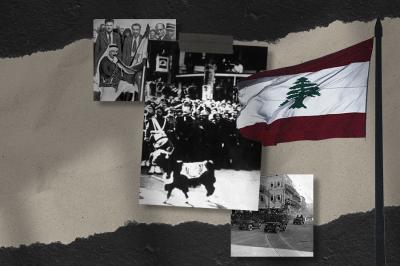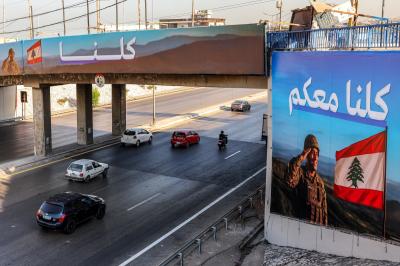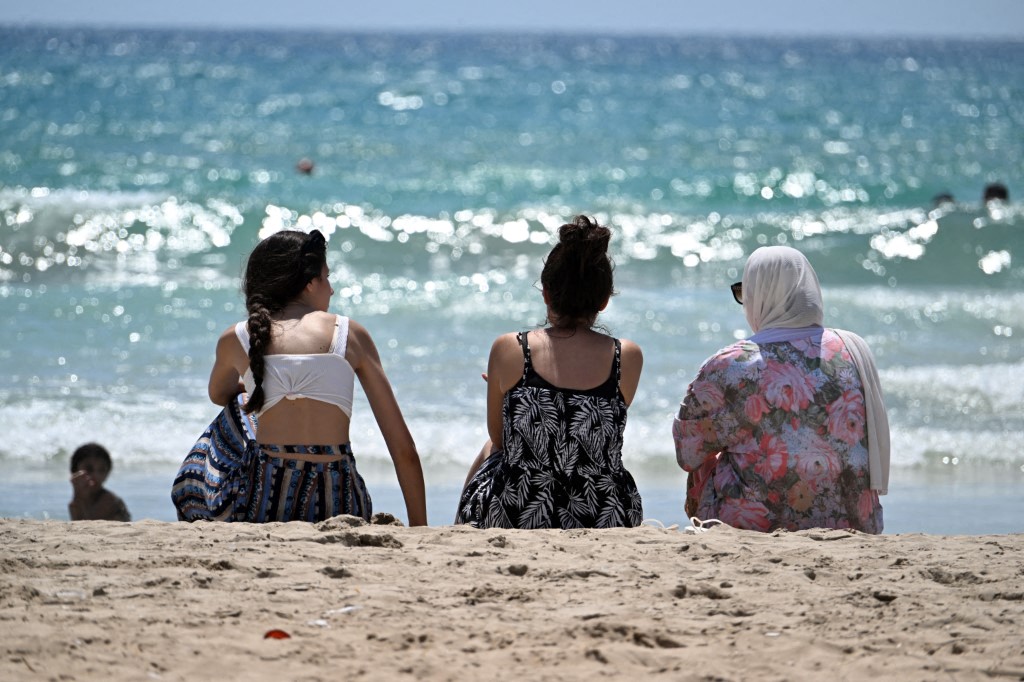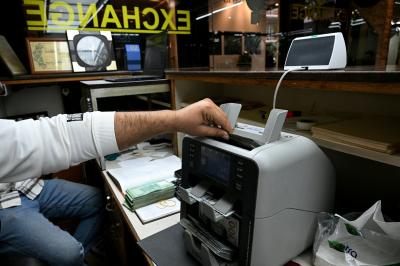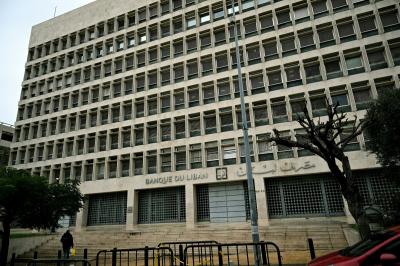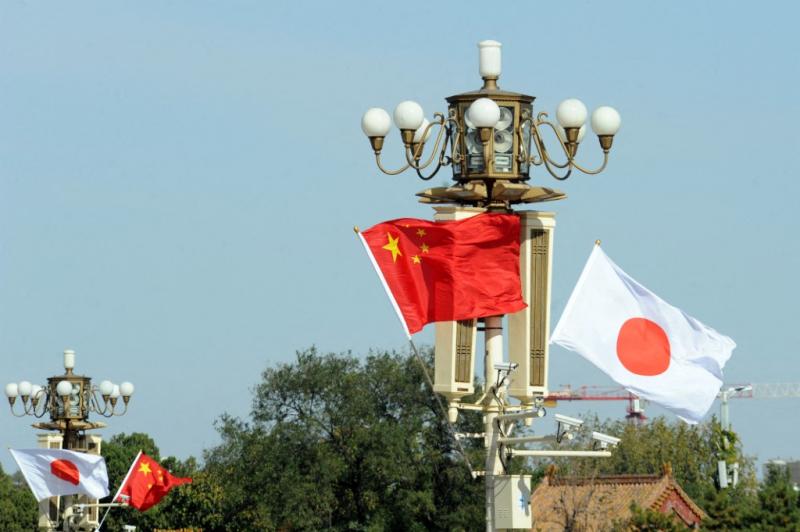For Lebanon, the nearly two-week flare-up between Israel and Iran felt like an eternity. The old saying—“If Istanbul gets pregnant, Beirut gives birth”—has once again proven relevant, illustrating how fragile Lebanon’s internal stability is and how deeply it's affected by regional turmoil, especially when its own skies become part of the battlefield, as they recently did.
Lebanon’s tourism sector, fatigued by forecasts and speculative scenarios, held its breath. It braced for the worst, anxiously waiting for the long Middle Eastern night to end, hoping to salvage what had looked like a promising Summer 2025—until June 13 arrived.
The war, which ended as suddenly and unexpectedly as it began, took a toll on Lebanon’s recovering tourism industry. Since May, the sector had begun showing signs of life, with hotel bookings rising significantly after Eid al-Adha. But by mid-June, the momentum had faltered. Hotel occupancy in Beirut plummeted from 85% to around 30%. Car rental companies at the airport saw a reversal of traffic—rushing tourists and expats back out. Restaurants emptied, and shopping streets once bustling with tourists—like Hamra, Byblos markets, Batroun resorts, and its beach clubs—grew quiet.
Can the Summer Season Still Be Saved?
What stands out is the resilience both Lebanon and its diaspora visitors have developed in the face of crises. Even the Israeli airstrikes on Beirut’s southern suburbs on June 5 didn’t significantly impact bookings or overall tourist movement. This has led to cautious optimism that, now that the war hasn’t dragged on, Lebanon might still revive its summer season.
According to tourism and hospitality consultant Najib Nehmeh, the primary reason for cancellations wasn’t fear of war, but logistical complications. “Flight disruptions due to temporary airspace closures during the exchanges of fire, and the limited number of carriers operating out of Beirut—mainly Middle East Airlines, Kuwait Airways, and Qatar Airways—caused significant delays,” he explained.
He added that cancellations mainly affected late June and partially the first week of July. August bookings remained largely intact, which reflects a continuing intention among tourists and expats to return—pending clarity on the regional situation. Flexible hotel policies also help: many allow cancellations up to 48 hours before check-in without penalties, including full deposit refunds.
Internal Reforms Still Crucial
Reviving the disrupted Summer 2025 tourism season is now back on the agenda for Lebanon’s tourism sectors, despite ongoing internal challenges. Chief among them, Nehmeh says, are rising taxes, high operating costs, and the inability of many businesses to offset accumulated losses, especially those stemming from the Israeli war on Lebanon in late 2023 and throughout 2024.
Another setback is the shortened average stay for visitors—generally 3 to 4 days in leisure resorts and barely two days in business hotels. Hotel investments have also dropped sharply due to high fees, bureaucratic hurdles, slow public administration, and widespread corruption. “If an investor can’t even obtain a driver’s license or register a car without bribes, imagine the difficulty of navigating more complex investment procedures,” Nehmeh noted. Without a sustained period of political and security stability accompanied by structural economic and financial reforms, he warned, Lebanon won't see meaningful new investment in tourism.
Fast-Track Services as a Temporary Solution
One short-term remedy could be the adoption of expedited services for administrative procedures—both for citizens and investors—through higher fees. Nehmeh points to the General Security’s fast-track passport service as a successful model. This method, he argues, would save investors from having to pay bribes and allow them to receive legitimate services. However, he cautions that any such service must be carefully managed to avoid further overburdening standard service channels, which could lead to even slower processing times for regular applicants.
Restaurants Hold Onto Hope
For Lebanon’s restaurant sector, optimism remains strong. “A black cloud passed over the region, but it didn’t block out the summer sun or the vitality of Lebanon’s tourism sector,” said Tony Ramy, president of the Syndicate of Owners of Restaurants, Cafes, Nightclubs, and Pastry Shops in Lebanon.
In a public statement, Ramy affirmed the readiness of the hospitality and nightlife sectors to welcome the summer season with open arms and renewed hope. He emphasized the importance of not missing this pivotal moment to rebuild the state and launch urgent reforms across financial, economic, and social sectors. “Lebanon can’t reclaim its role without aligning political stability with security,” Ramy said, especially amid increasing competition from rapidly advancing tourism and energy sectors in the Arab region. “We must respond with action, organization, and openness to achieve sustainable tourism and restore Lebanon’s rightful place on the regional tourism map.”
What continues to distinguish Lebanon—even amid crises—is its culture of personal initiative. According to Ramy, it’s this entrepreneurial spirit that allows institutions to bounce back quickly. “We are the ones who attract tourists. We are the joy of expatriates returning home. We are their big family. Happy days lie ahead.”
Please post your comments on:
[email protected]
 Politics
Politics

